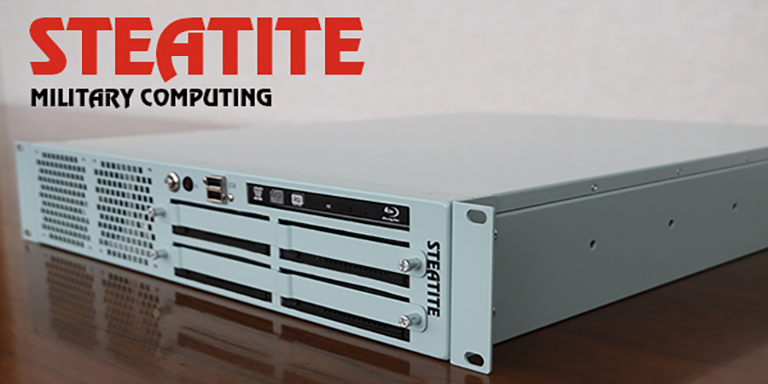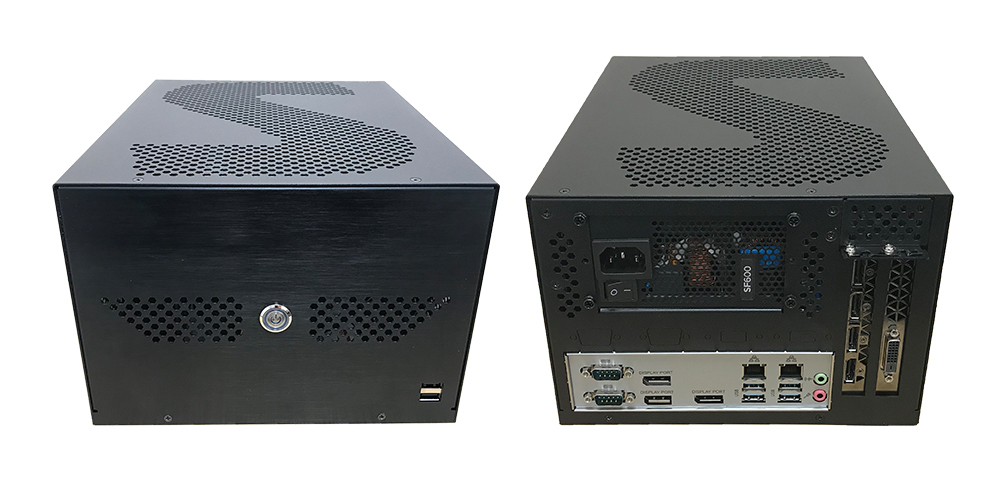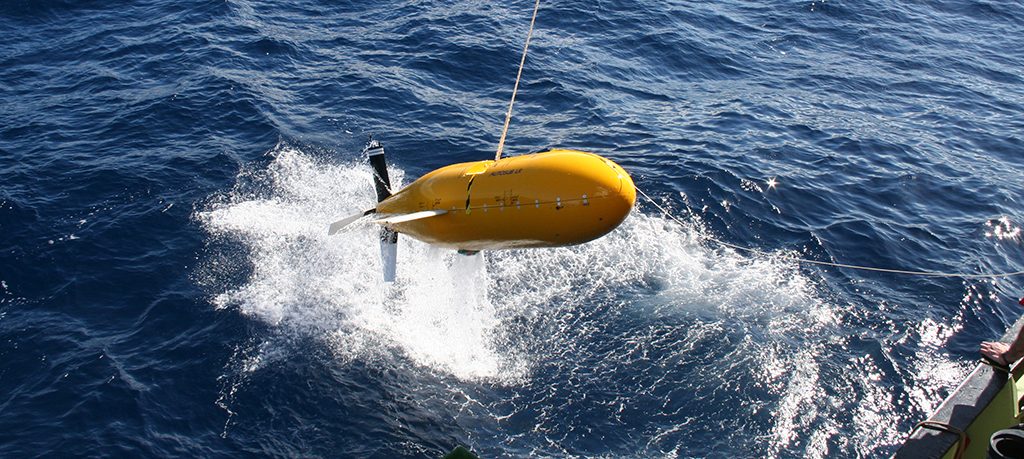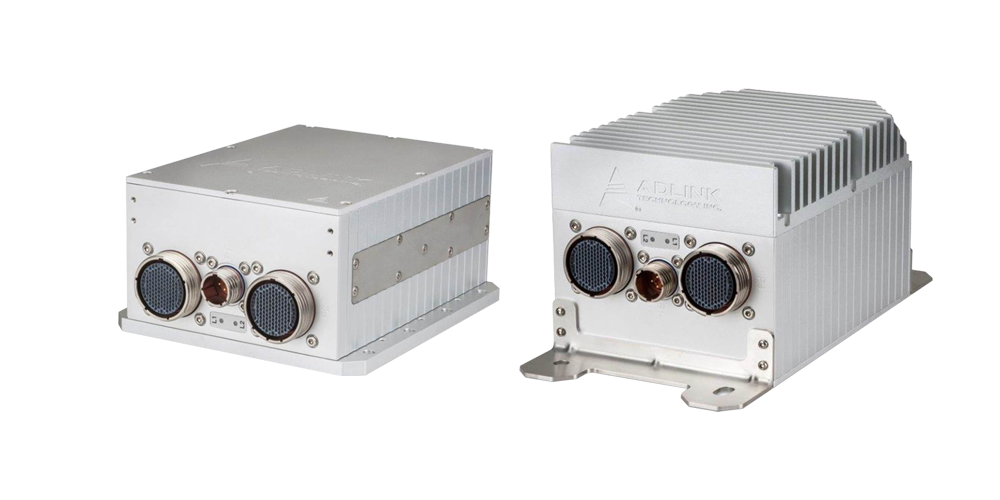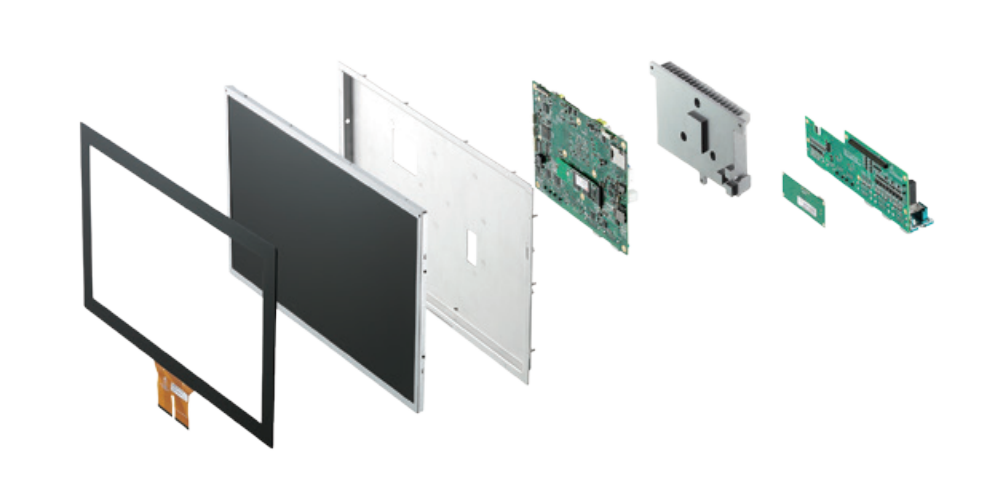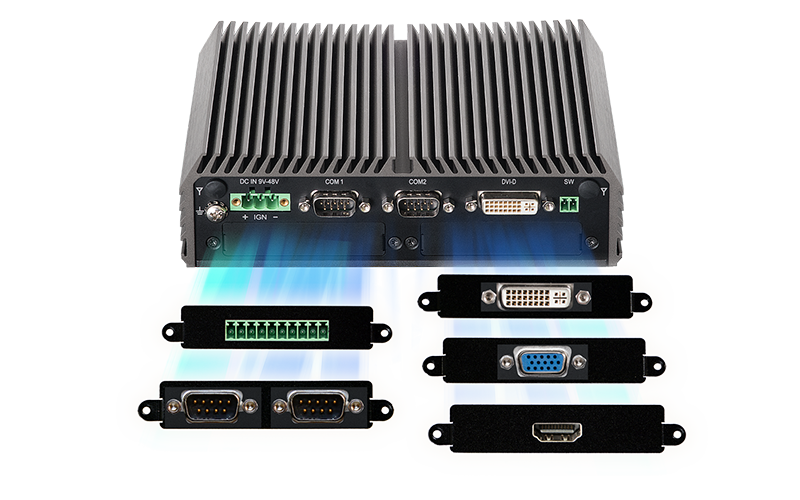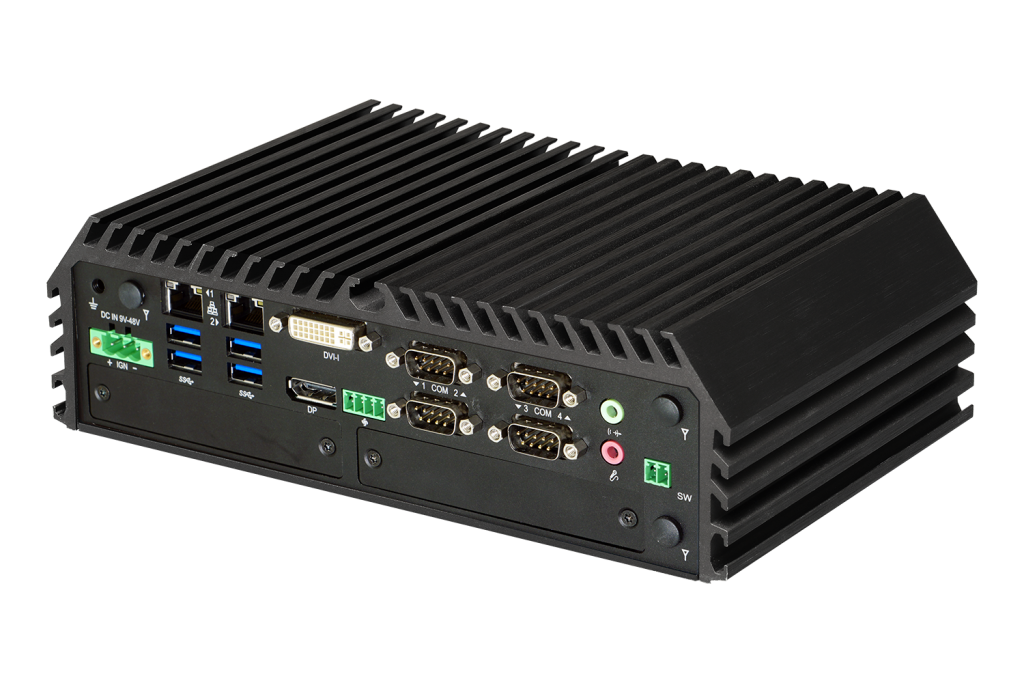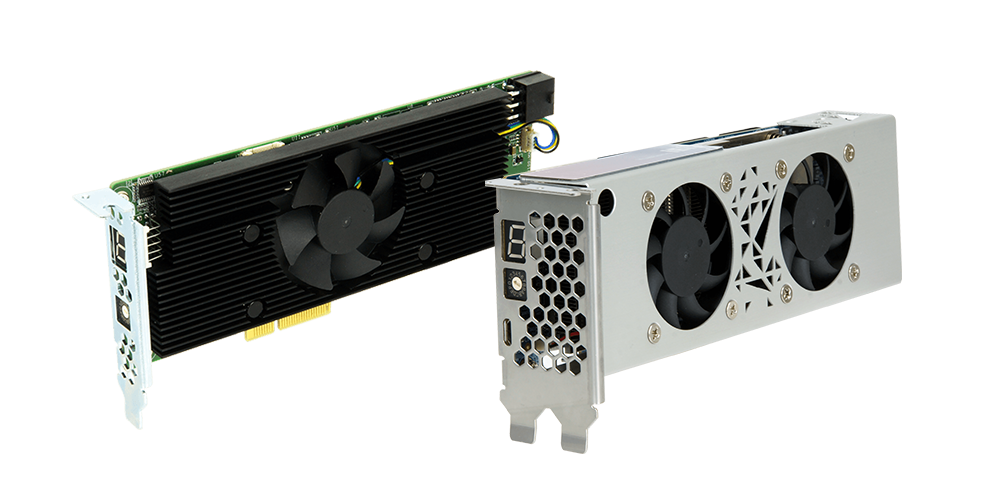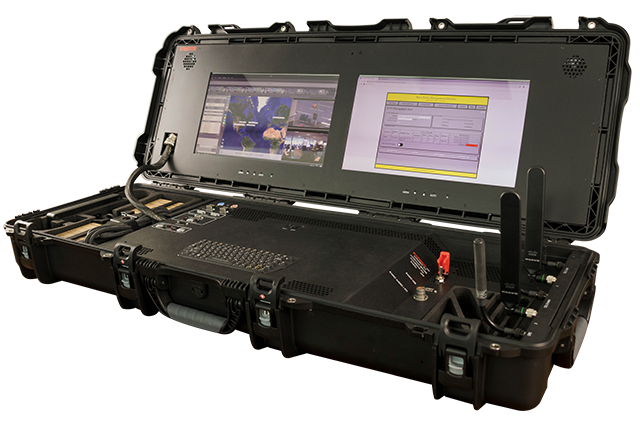
Introducing the CRiB universal command and control terminal from Steatite.
Steatite is delighted to announce the launch of the CRiB, its ruggedised, universal command & control terminal.
Designed with portability, reliability and powerful functionality in mind, the CRiB is ideal for Blue force tracking and battle management, UAV/UGV control, voice communication, and for viewing full motion video (FMV) and other sensor data.

